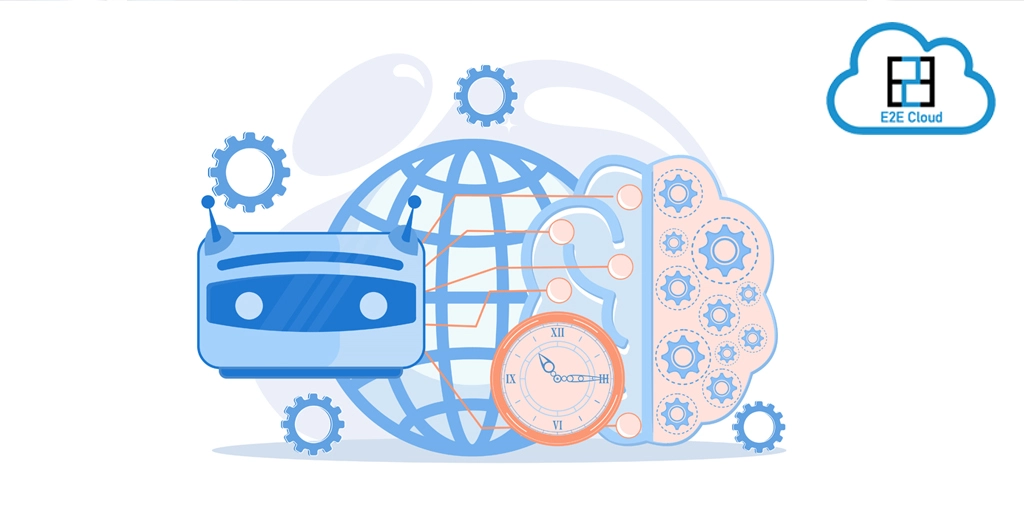Introduction
All businesses need a website to get recognition on the internet. Many companies use web developers for developing websites and managing content. Whether a product-based or a service-based company, most enterprises have a dedicated team or hire a third-party website maintenance service. Organizations must keep in mind long-term site maintenance as a prime aspect of their business. This article will address the top five reasons why website maintenance is necessary.
5 Essential Reasons for Maintaining a Website
Often enterprises fail to have dedicated employees or professionals who can fix issues or make changes for business growth. Businesses can also face data breaches, system crashes, etc., if they do not maintain their websites.
Let's take a look at the quintessential reasons for site maintenance.
i. Improve your search engine rankings: You must have heard of search engine optimization and SEO-based content. Such content uses specific keywords and backlinks. They help in boosting the site rank in the search engine and increase visits to the website. Proper SEO utilization also leads to better ranking, which makes the company page or site appear first on the search page of the search engine. It helps in engaging the right client and attracting the target customer towards your business. Thus a dedicated website maintenance team or professionals can dynamically work on the company sites to boost its presence towards the target customers.
ii. Getting breached: One of the top reasons for maintaining websites is security and data breaches. Many SMEs and organizations think that their website is small, secure, or does not have any sensitive data and is thus not prone to hacking. But there are different reasons why hackers can compromise your system or steal sensitive information from your system.
Some popular and modern reasons are drive-by download, spam campaigns, stealing bandwidth, mining cryptocurrencies, Blackhat SEO, or taking your visitor's login credentials to try to gain access to other websites. Hacking an old website (without any maintenance) and compromising its information is easy because such sites have less secure codes and primitive modules. Also, it is a grand opportunity because the hacker could take over a comprehensive database of client information.
iii. Unusable features and poor UI and UX: Catching and retaining the attention of visitors and customers has become essential for every website. Sticking to the old user interface can degrade the user experience of your website. Updating the website can lead to new features, visuals, and functionality. Most CMS provides time-to-time updates and brings in new features. A maintenance team can update those features if your website is a CMS-based site. Again, those having a website built from scratch need a maintenance team that can blend new buttons, frames, and other templates manually to attract more visitors. The sooner the maintenance team implements the updates, the sooner your website visitors can experience new features.
iv. Increase the speed of your website: Do you remember visiting any website that takes a lot of time to load? No, because visitors will switch to another website that provides similar content. An inefficient website can redirect your visitors or customers to other websites. When websites or web applications release any update, it helps fix issues such as lagging, bugs that delay page reloads, and increase code efficiency. Overall, it enhances the user experience. Therefore, website maintenance is necessary to keep up to date with the efficiency of the website.
v. Downtime can damage integrity: The longer you wait for site maintenance, the more risk you are inviting. Often organizations update the site when any problem arises. Most of them can lead to website downtime or unavailability. This can damage the integrity of the website and the reputation of the organization. Not maintaining the website or skipping different forms of updates and patches is a big no. Your risk of website downtime will be much higher if various modules remain out of date. According to a survey, around 37 percent of SMBs said they lost customers, and 17 percent suffered revenue loss due to downtime. So, to rescue your business from being crippled because of downtime, site maintenance is a must.
Conclusion
Whether you run a large enterprise website or a small in-town eCommerce business, you need a developer or a professional who can maintain the website from time to time. Website maintenance will not only be a helping hand but also support your business to grow. You can also host your website in the cloud for better uptime, worldwide availability, DDoS protection, etc. E2E Networks can be used to deploy your websites on E2E Public cloud servers.
.png)


.png)






